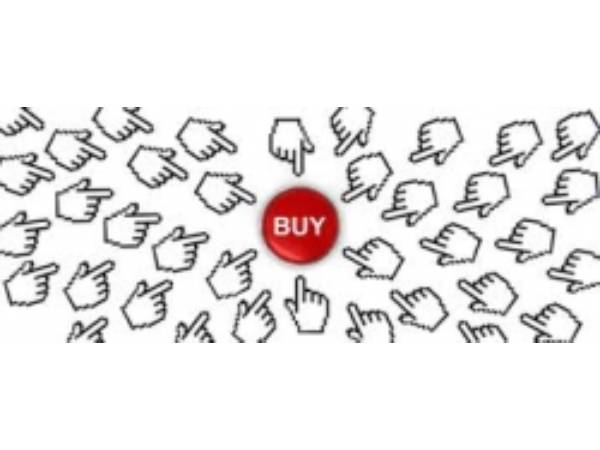
Group Buying is NOT collective purchasing
There seems to be growing confusion out there about the concept of ‘collective purchasing’. Rather mistakenly some have fallen for the hype of certain group buying sites, believing they are the same thing.
This is especially worrying as I know quite a lot of policy makers are looking at collective purchasing as a model for the future. So it’s important that there’s some clear blue water put between the two concepts. I’d be rather worried if we started to try and base how we operate consumer empowerment projects using the group buying model.
So this is just a wee rough note to clear up the difference.
- Collective purchasing
This is co-operative organisation made up from like minded people, who gang together to get economy of scale discounts for buying in bulk for specific goods, which they plan to purchase. A great example is the many groups of people in rural areas who purchase home heating oil in this way to cut down the price.
Sadly there are very few real collective purchasing organisations. It’s not that easy to do well in the retail market, as the likes of Tesco or Asda of course already have huge bulk buying power anyway. So to undercut those is difficult. Although it can be done and I suspect with the organisational ability the internet provides we’ll see more of it.
- Group buying sites
While the original sales schtick may’ve been, "if enough people sign up we can offer these deals", the likes of Groupon, Goodypass, KGB and Keynoir are in fact just daily deals sites. Here they negotiate one off deals in advance, with a minimum threshold and then process the sale.
The sites take roughly 20% to 30% of the money and the rest goes to the product provider. The ‘group buying’ notion of this is a misnomer. Effectively it’s a company, which in its negotiating to bring in deals says, "if I can flog 500 of these can we have it for a tenner a go – and if I can’t flog that many, the deal’s off". In fact I know many of these companies, such as Goody Pass are far happier to be called ‘Daily Deals’.
I don’t think they’ve done anything to mislead, just some people have taken the ‘group buying’ phrase and read a lot more into it than they should.
PS. I thought this (slightly edited down) response in the forum was worth highlighting…
"A timely clarification. If Groupon changed its name to more adequately convey that it’s merely Offeron, then the misplaced notion of people-power it obtains would deservedly vanish.
Then again, perhaps Argos, Amazon, and every supermarket chain in the land should similarly portray themselves as philanthropic organisations, which only place bulk orders out of a desire to pass on savings to loyal customers…
Say hello to Tesco: The People’s Collective."
http://blog.moneysavingexpert.com/2011/02/10/group-buying-is-not-collective-purchasing/
 ไทย
ไทย EN
EN
